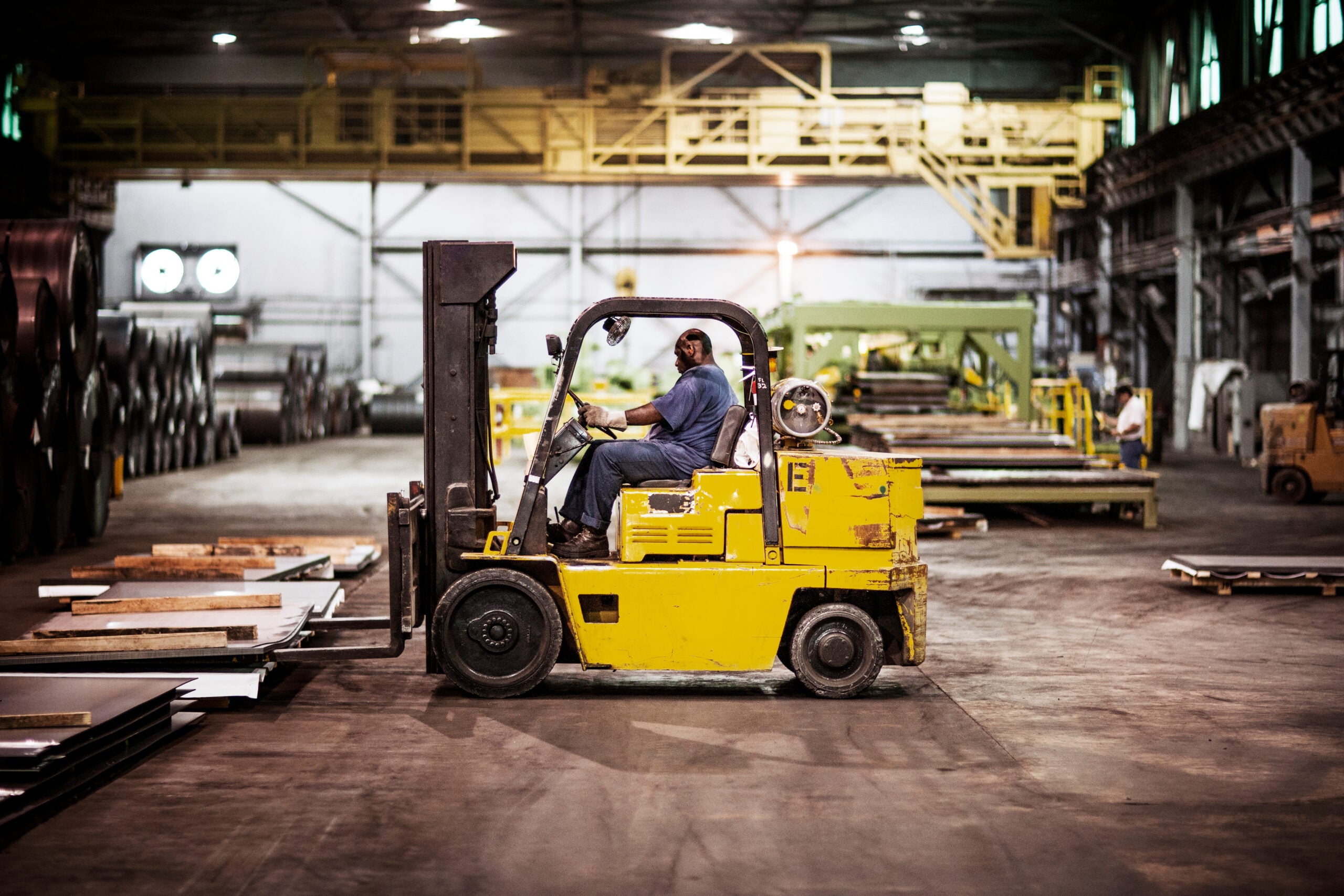
Renting forklifts can be a game-changer for businesses, offering a flexible and cost-effective solution for tackling various material-handling tasks. However, choosing the right forklift is not as straightforward as it might seem. Any misstep—whether it is underestimating load requirements or selecting the wrong equipment type—can lead to delays, increased costs, or even safety hazards.
Indeed, getting forklifts for rent can help businesses gain access to high-performance equipment without the long-term commitment of ownership. However, to truly maximise this opportunity, it is essential to approach the process with care. By knowing what to look for and understanding common pitfalls, you can ensure your rental experience is smooth and your equipment is perfectly suited to your needs.
This article will guide you through crucial considerations to remember when renting forklifts, helping you make an informed decision.
Load Capacity and Lifting Requirements
Choosing a forklift without first understanding your load and lifting requirements can lead to inefficiencies, safety risks, and unexpected costs. A forklift can only handle specific load capacities and lift heights, so it’s critical to know the weight of your heaviest loads and the maximum height they will need to reach.
For instance, if you work in a warehouse with 25-foot storage racks, you will need a forklift with enough lifting power and stability to raise heavy pallets safely to that height. On the other hand, overestimating your needs and renting a higher-capacity forklift than necessary can result in unnecessary expenses and a bulkier machine that’s harder to manoeuvre.
To select the most suitable forklift, assess your project’s requirements and gather detailed specifications before contacting a rental provider. That way, you can readily find equipment that will get the job done while saving time, money, and potential operational setbacks.
Type of Forklift Needed
Another key consideration when renting forklifts is the type you choose, as it can make or break the success of your project. Each model is designed for specific tasks (though some forklifts may be more versatile), and selecting the wrong one could lead to inefficiencies or even safety hazards.
To avoid costly mistakes, take the time to evaluate the environment and nature of the tasks you’ll be performing and match them to the forklift’s features. Tight spaces or narrow aisles might call for a reach truck or a narrow-aisle forklift. If noise and smoke are a concern, particularly indoors, an electric forklift might be the ideal solution due to its quiet operation and zero emissions.
If you’re still unsure which type of forklift is best for your needs, do not hesitate to ask the rental provider for recommendations tailored to your specific requirements.
Rental Costs and Hidden Fees
At first glance, the rental price of a forklift might seem like a “what you see is what you get” situation, but the true cost can often be higher than anticipated. Beyond the daily or monthly rates, additional charges such as delivery fees, insurance, or penalties for exceeding agreed usage hours can quickly add up.
For example, some rental agreements include a maximum number of operational hours per day and exceeding this limit might result in overtime charges. Similarly, transportation costs for delivering the forklift to your site—and picking it up—can sometimes be excluded from the initial quote. Without clarifying these terms, you could face unexpected expenses that strain your budget.
With that said, always request a detailed breakdown of costs and ask about potential fees to ensure you are fully informed. You should also compare quotes from multiple vendors to help you secure the best deal while avoiding hidden charges.
Equipment Condition
The last thing you want is to rent a forklift in poor condition which can lead to expensive breakdowns, safety issues, and project delays. As such, it is prudent to conduct a thorough inspection of the equipment before finalising any rental agreement.
Begin with a visual check, looking for signs of wear, such as damaged tyres, leaking fluids, or cracked parts. You should also request maintenance records from the rental company to confirm that the forklift has been regularly serviced and is in good working order. If possible, perform a test run to evaluate the machine’s performance, paying attention to smooth operation and functionality of key components like the brakes, steering, and hydraulic system.
Understanding the replacement or repair policy is equally important. If the forklift fails during use, you need to know whether the vendor offers prompt support or a replacement without additional charges. A little diligence up front can prevent significant problems down the line.
Reputation and Support from the Rental Company
The forklift rental company you choose can significantly impact your overall experience. A reputable vendor not only provides high-quality equipment but also offers reliable support throughout the contract period. On the contrary, selecting a poorly rated provider could leave you struggling with substandard forklifts and minimal assistance when issues arise.
To find a credible rental company, do your research. Customer reviews, testimonials, and industry certifications can give you a good sense of their reliability. Beyond that, inquire about their customer support options. Do they offer 24/7 technical assistance? Will they promptly replace faulty equipment? Knowing the answers to these questions beforehand can save you from unexpected headaches.
Ultimately, renting from a trusted provider ensures peace of mind. When you are confident that your vendor will stand by their service, you can focus on completing your project efficiently without worrying about equipment problems or unresponsive support.
Renting forklifts can be a smart and efficient solution for your business needs, but careful consideration is essential to ensure success. By taking these factors into account before signing an agreement, you can avoid common pitfalls and make a confident, informed choice. Choosing wisely sets your project up for smooth, hassle-free operations.
457 Views












